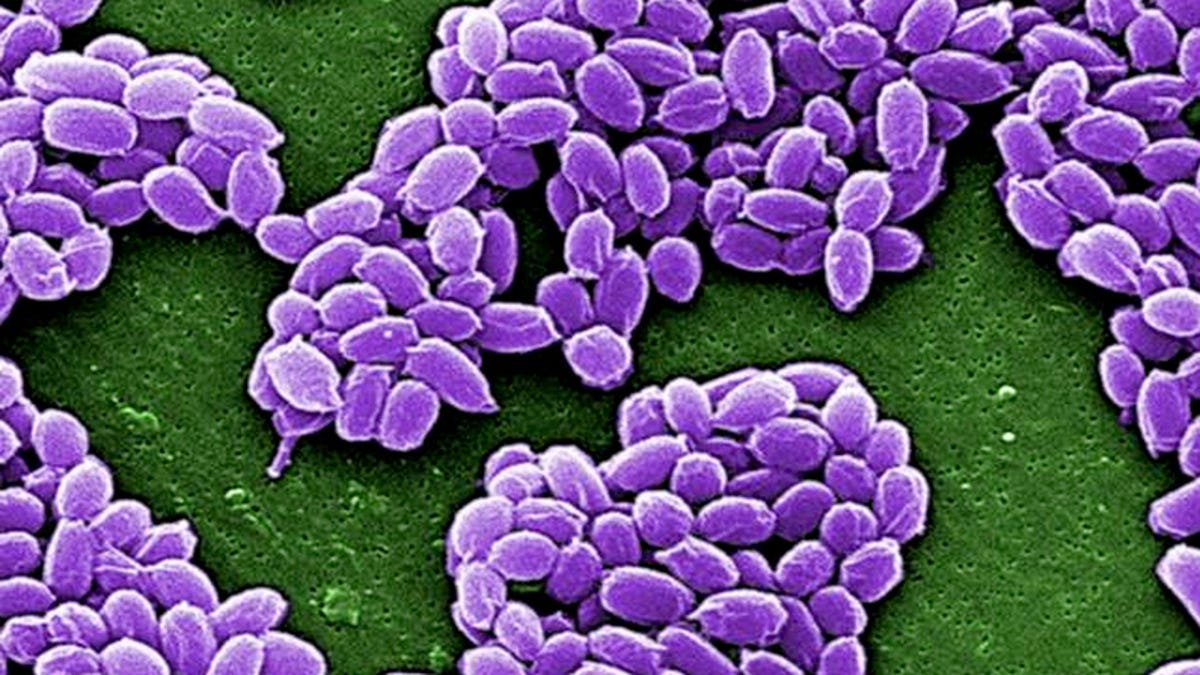Chemists turn anthrax bacteria into cancer-fighting zombies
An MIT research team takes one of our biggest biological enemies and recruits it as an expert drug delivery bug in the fight against cancer.

Zombies don't usually do anything good for humanity (except make for some fine entertainment). But thanks to a chemical process invented at MIT, zombie bacteria might soon help in the fight against cancer.
Recently, researchers at the university turned the bacteria responsible for causing anthrax (bacillus anthracis) into a cancer drug delivery system by hijacking its function -- much in the same way that Hollywood's zombie virus takes over humans and makes them do things they don't want to do (as we all know).
Apparently, unmodified anthrax bacteria invade our cells with a three-pronged approach. First they dock onto a cell wall using a protein known as protective antigen (PA). Then, they begin pumping two anthrax proteins into the cell that mess with its functioning and often cause it to self-destruct. One of these proteins has the very evil-scientist name of lethal factor (LF), and the other is called edema factor (EF).
By altering the bacteria, the MIT team let bacillus anthracis keep its PA docking function, but instead of pumping LF and EF into the cells on which they landed, they made it pump in something known as antibody mimics -- which can kill cancer cells. In their test, the antibody mimic they used caused leukemia cells to effectively commit suicide.
According to the researchers, this approach helps solve a longstanding problem of attacking "undruggable" cancer cells -- the ones that have cellular walls that are too difficult to penetrate. By using the modified anthrax bacteria to tackle this job, the problem is minimized and could open the door to a wide range of drugs being injected into cancer cells by one of our biggest biological enemies.
The researchers are now testing their approach on tumors in mice and are experimenting with ways to deliver antibodies to specific types of cells, according to an MIT report about the research. Their findings have just been published in the journal, ChemBioChem.

